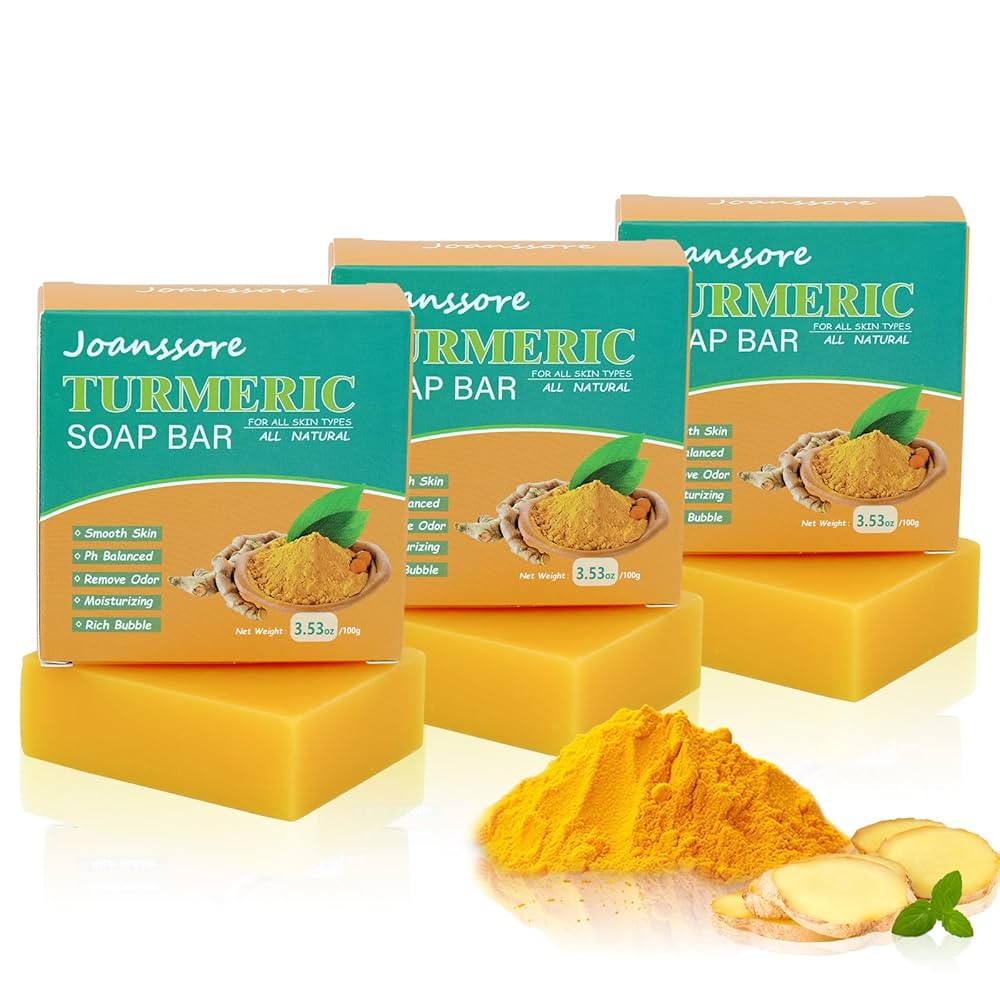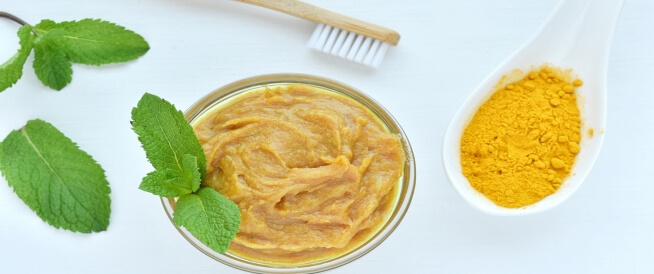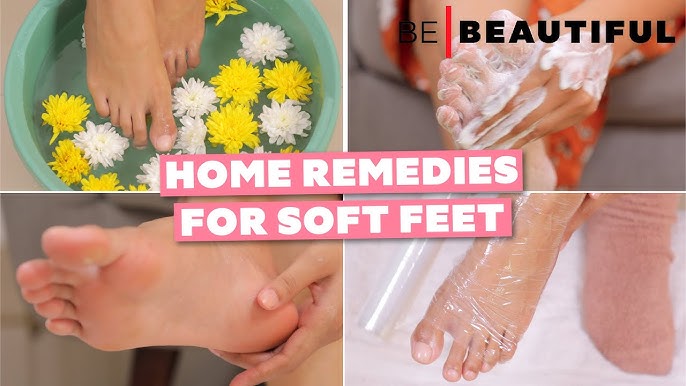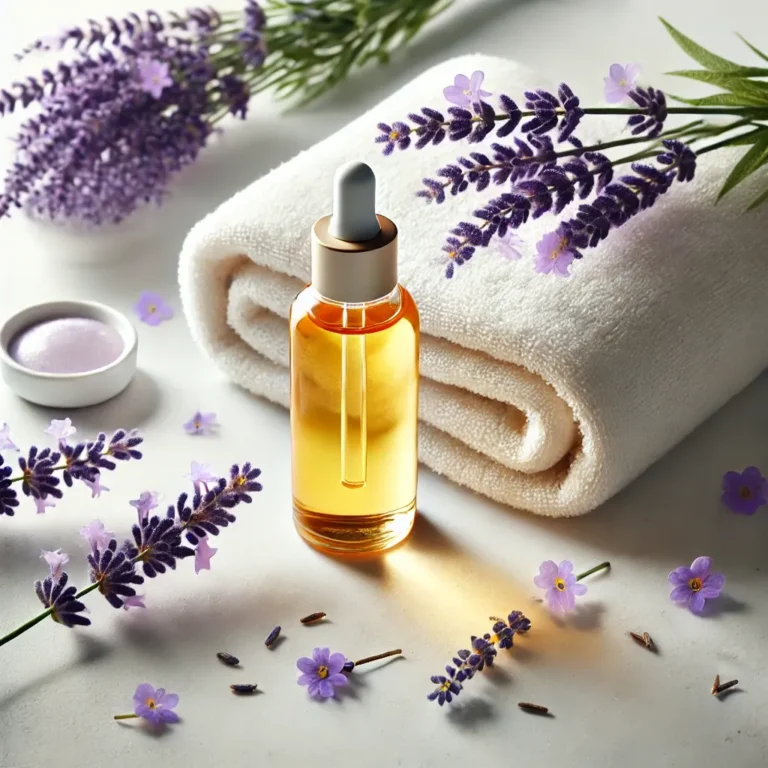
Turmeric soap is trending as a natural remedy for acne, hyperpigmentation, and dark spots. Some products even claim to brighten intimate areas like the vagina and inner thighs. However, doctors warn that using turmeric soap on sensitive or intimate areas can cause painful burns, irritation, and inflammation.
Turmeric soap is trending as a natural remedy for acne, hyperpigmentation, and dark spots. Some products even claim to brighten intimate areas like the vagina and inner thighs.
However, doctors warn that using turmeric soap on sensitive or intimate areas can cause painful burns, irritation, and inflammation.
Avoid Using Turmeric Soap on Sensitive Areas
Despite claims that turmeric soap can help balance vaginal pH, fade dark spots, or treat acne, experts caution against using it on the vulva or vagina.1
“The vaginal skin and the vulva area are very sensitive and delicate, and anytime we disrupt either the microbiome or the skin integrity, we can predispose ourselves to further infections that can actually cause significant health issues,” Monica M Kole, MD, a board-certified OB-GYN at Henry Ford Health in Detroit, Michigan, told Verywell.
Kole said people who use these products may develop bacterial or yeast infections, as well as inflamed, itchy skin that can take days or even weeks to heal.
The vagina naturally contains odor-causing bacteria. Harsh or scented soaps can upset this balance, allowing harmful bacteria to grow and cause stronger odors.1
“Sometimes companies will try to market products to make money and, in some ways, take advantage of women’s insecurities or concerns about the appearance of their vulva or their vaginal odor. As long as a vagina is healthy, it’s going to have an odor, and it’s going to sometimes have bumps or discoloration, and that’s normal,” Kole said.
Turmeric Soaps May Make Your Skin Worse
Early, limited research suggests topical and oral turmeric may benefit skin conditions such as acne and facial photoaging.23
But there are no reliable clinical trials proving turmeric soap works, and it’s misleading to assume the benefits of ingesting turmeric apply to short-term topical use, according to Lauren Eckert Ploch, MD, MEd, FAAD, a board-certified dermatologist in Aiken, SC and Augusta, GA.
Many people don’t react well to abrasive or fragranced soaps. When used as a natural brightening agent, turmeric soap can trigger burning, itching, and other side effects.4
“The resulting inflammation can actually worsen the symptoms that people are trying to treat. For example, discoloration can worsen after inflammation from using turmeric soap,” Ploch said.
Why ‘Natural’ Doesn’t Always Mean Safe
“All-natural” products, like turmeric soap, are often touted as a safe alternative to drugstore and mass-produced skincare items.
“A lot of these botanical products or soaps that we see on the market that are ‘natural’ are not really well regulated, so we don’t know the concentrations of the ingredients that are going in,” Samantha Venkatesh, MD, an assistant professor and dermatologist at Rush University Medical Center, told Verywell.
The Food and Drug Administration (FDA) has not set a standard definition of “natural” for cosmetics, which means it is up to the soap-maker to ensure that “natural” product labels are not misleading.5
Many of these natural vaginal-area turmeric soaps also contain kojic acid, another natural ingredient touted for its anti-inflammatory and skin-brightening properties.
“Kojic acid can be quite irritating even on regular skin, let alone sensitive areas. The worry is that we’re causing irritation, which will lead to inflammation, dermatitis, eczema-like reactions, and that, in turn, can lead to more pigment being deposited there that is harder to then treat,” Venkatesh said.
Should You Use Turmeric Soap?
Some people may not have issues using turmeric soap on their face or other parts of their bodies.
“[F]or patients who prefer botanical options and have no history of fragrance or botanical allergy, they may be used as a gentle cleanser on intact, non-sensitive skin,” Shoshana Marmon, MD, PhD, an assistant professor of dermatology at New York Medical College, told Verywell in an email.
Plain water or fragrance-free cleansers are still the best options for the vulvar area. This cleanser shouldn’t replace established acne or pigmentation treatments, but if you want to use the soap, patch test it on a small area before widespread use, Marmon added.







